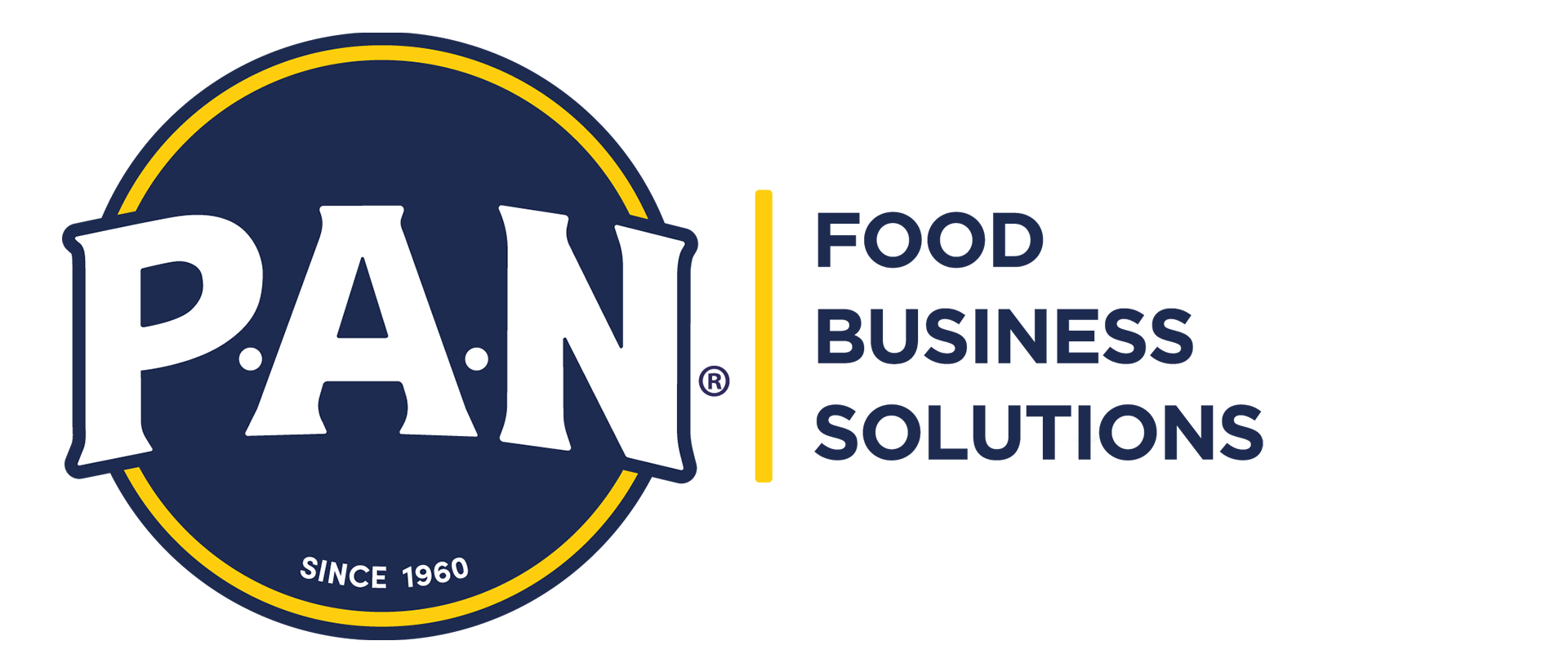Nowadays, working in the food industry is associated with being a chef as famous as a rock star or living under hectic, stressful and overwhelming working hours, but is it really like that?
Both statements are a reality in the industry, and television and social media have helped launch many chefs and cooks to fame and to get them great opportunities for business and growth.
However, it is also a reality that working in the food industry has one of the highest rates of stress, fatigue and depression, which can even be comparable to stock market workers on Wall Street. This is affirmed by recent survey data published in 2021 by Unite the Union, the union for hospitality & tourism workers in the United Kingdom.
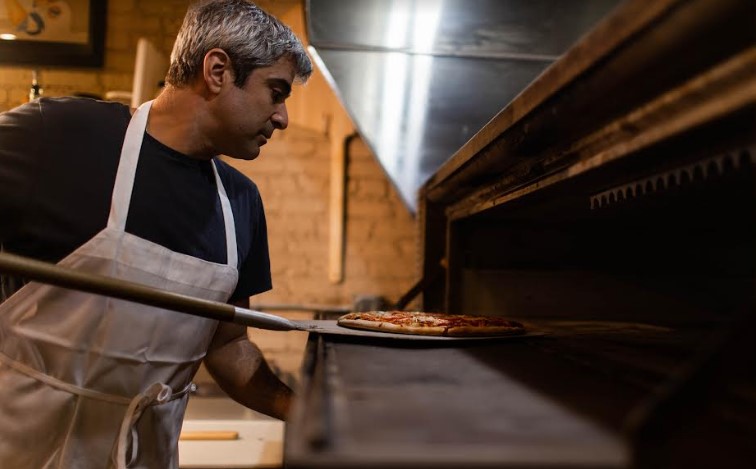
Working in front of the stove is, without a doubt, one of the most difficult jobs to manage, starting with excessive working hours, which, depending on the country, can be between 50 and 70 hours a week. Food industry workers, both in the dining room and in the kitchen, carry out their activities when the rest of the people are resting, that is, on weekends and holidays, forced to constantly deal with the pressure of doing a perfect job.
In this scenario, kitchen work is much more hostile than it appears at first glance, and achieving the perfect dish is not just a product of creativity, as is so often seen on social networks. In reality, working in a restaurant is not just about cooking, and in recent years the interest in improving this situation through the management of the kitchen staff has grown more and more.
Currently, kitchens are looking to implement more conscious staff management systems, where the priority is not only to create a dream dish, but also to offer a stable work environment that minimizes the high staff turnover in the sector, to consolidate a greater commitment between workers and the company and to increase the quality of the service offered.
Mindful of that reality, which is no secret for an experienced restaurateur, but can be a surprise for a beginner, we believe it is important to present a series of techniques, strategies and aspects to take into consideration when implementing a staff management system in your restaurant that will help you to have workers more committed to your food business.
Good staff management is synonymous with a profitable business

A food entrepreneur not only seeks the profitability of their business through a good cost structure and the control of its finances, but also takes into consideration the correct management of each individual.
The management of a restaurant’s staff is divided into two: the kitchen staff, who are in charge of food preparation and are managed by the executive chef, and the dining room staff, who are in charge of direct customer service and are managed by the head waiter. Of course, depending on each food business model, the number and organization of the staff may vary.
Initially, you may think that a good staff management is directly related to a good salary payment; however, although it is an important point, in this opportunity the focus will be on the emotional salary you can have in your restaurant to create a good work environment, retain and build loyalty in your staff, which in turn will help you get a better treatment to the final consumer.

Kitchen staff is no different from any other sector. A worker who feels valued, understood and respected will always have a better performance; in the kitchen, a good performance translates into respect for the procedure manuals, greater attention and dedication to the preparation of the final product and good customer service, which equals more and better profit rates.
Therefore, your goal as an entrepreneur is to maintain a kitchen and dining room team that is committed to the business in order to achieve more and better results that are expressed in good food, good customer service and minimizing the waste factor.
In this sense, it is important for you, as a restaurateur, to see staff management as another means to achieve profitability in your food business. What we suggest are not techniques that require an investment of money, but of time, and that are durable in the long term.
How to express the emotional salary in kitchens?
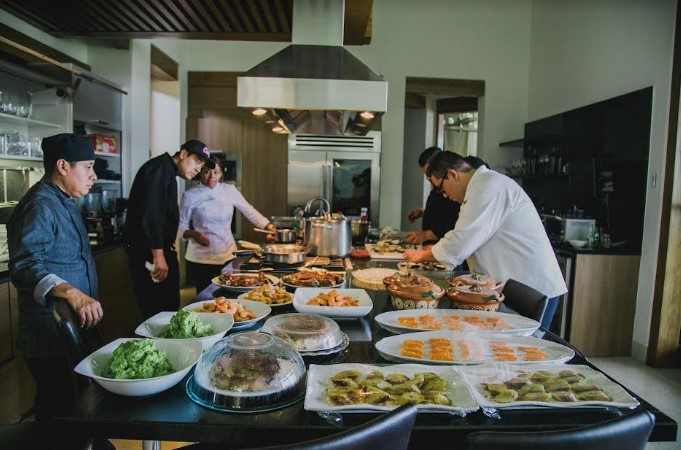
One of the biggest problems in the food sector is the lack of time. Surely, you have noticed it in your food business because the reality is that time is worth more than money and, even if your staff has a very good salary package, if they don’t have free time to enjoy it, it honestly doesn’t do much good.
The emotional salary is not a monetary reward for the work offered, but a reward that is oriented to increase the quality of life of the worker, and in a restaurant the best way to apply it is through time.
Due to the very dynamics of restaurant work, in certain business models it is impossible not to work late at night, on weekends and holidays, so how can the restaurant worker be compensated?
There are different strategies that you can implement: having two days off (which do not necessarily have to be continuous), including a general closing day, offering the worker’s birthday as a day off, making shifts that allow each worker to have at least one weekend off per month.
Considering these elements within the organization of schedules, understanding that your employees have a life, and that no matter how much passion they have, their job is not the center of their development, will help you maintain a much more balanced staff. Remember that stable workers not only do their job better, but also reduce aggressiveness, anxiety and stress, elements that in a kitchen are essential to keep under control considering that you are working with high-risk instruments.
Making your kitchen staff part of the food management is to start with an advantage
Many restaurant owners make the mistake of making decisions that they consider necessary for the business, only to regret later when staff don not follow through. Perhaps 30 years ago this one-sided management technique was effective, but reality has changed, and with it, the workforce.
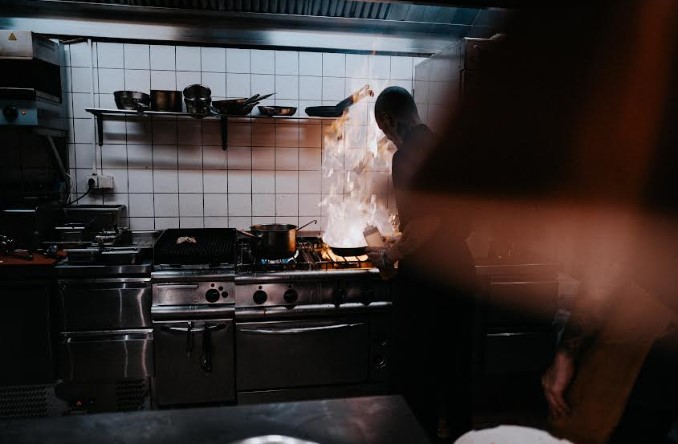
Nowadays, bilateral management techniques are used in companies of all levels, where both parties (employees and recipients) contribute ideas and solutions to make decisions in favor of the company, in this case the restaurant.
The problem with many kitchens is that they seek to make processes profitable without explaining clearly and directly to their staff why it is necessary to do so.
Part of new restaurant management focuses on training. You don’t need people who know how to cook in your kitchen, but people who know how to manage time and resources and provide practical and creative solutions to unexpected problems.
Having a staff that only knows how to cook is the same as having robots, and unfortunately gastronomy requires a lot of human factors. For this reason, it is important to train the management of kitchen staff through procedure manuals, both kitchen and inventory, so that they can learn the best techniques for food handling, conservation of raw materials and maximization of time of production.
Why is this an essential element in your management plan? Because while your staff is more trained, they will be much more aware of their work. Even if you don’t see it with the naked eye, the gastronomic sector is a high-risk sector; For example, poor food handling can cause a customer to be poisoned by cross contamination and this, in turn, can cost you a fine or even the closure of the premises.
So, it is not only based on having a happy and satisfied staff, but also aware of the reality of the work they do because the kitchen is a mixture of elements in which risk predominates, and your role as a gastronomic entrepreneur is to keep it at the levels lowest possible.
Apply internal marketing and create more engagement in your staff
Most food businesses focus and spend a lot of time and money on customer engagement, but what about the employee engagement with the business?
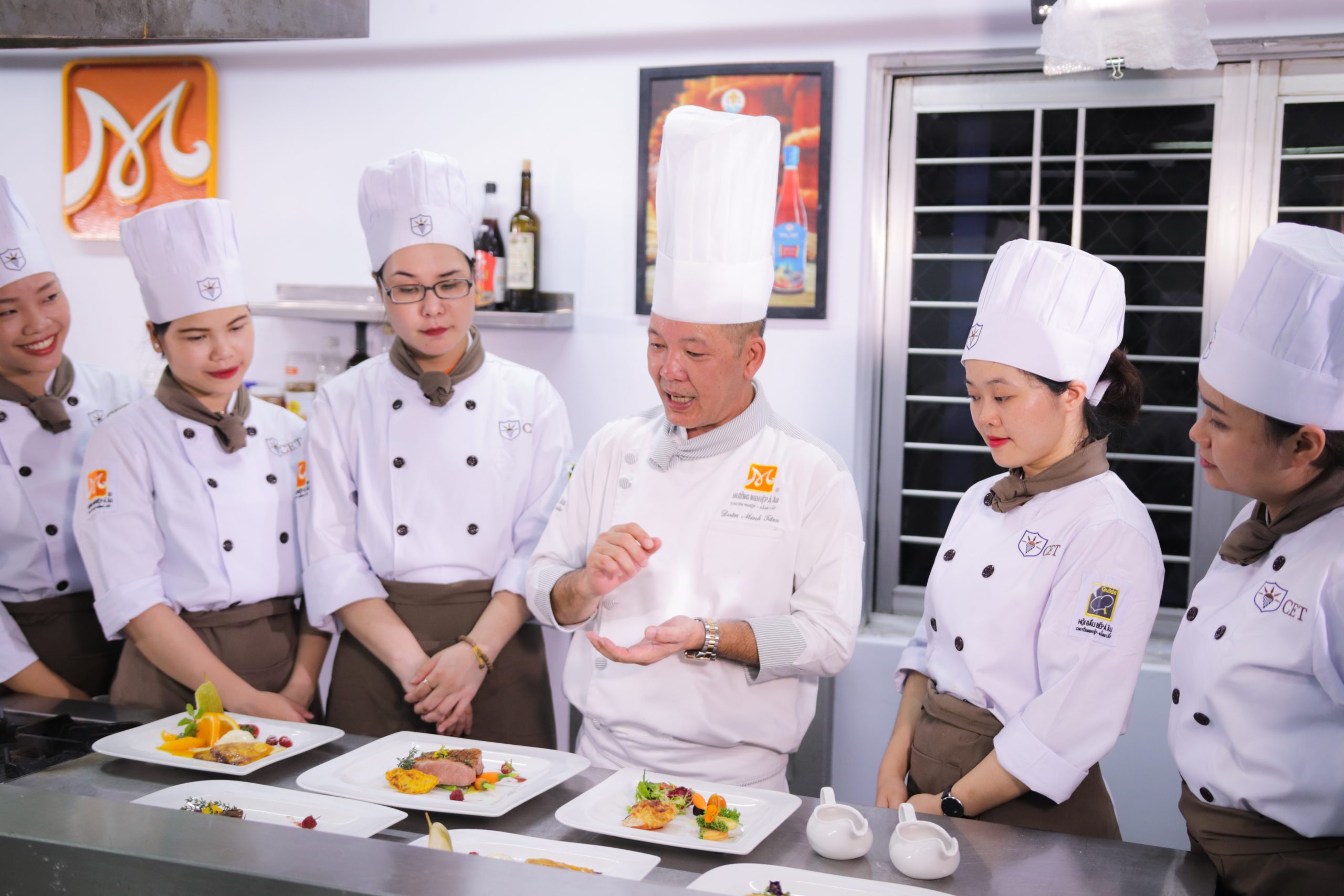
Internal marketing is as important as external marketing, and unfortunately the second is much more popular, but it is never too late to implement new strategies that allow you to reduce staff turnover, create a better work environment and help you be a more solid brand.
Being a brand that generates trust and security is an invaluable asset, which is why large companies in the sector such as McDonald’s, Burger King, Goiko, among others, invest in rewarding and recognizing the work of their employees, because without them your restaurant would not exist.
Achieving it is easier than it seems, starting with creating an internal culture based on the values of your brand that ranges from the recruitment of staff, their training and management of schedules and work schemes. This is an aspect that you should develop hand in hand with the marketing and customer management, since it will allow you to get the most suitable personnel for your business.
On the other hand, knowing who the people who work in your business are is essential; knowing if they have children, if they study and their ambitions in the sector, may allow you to offer personalized productivity rewards.
An example of this technique is the Noma restaurant, three times number one in the world, located in Denmark and run by Rene Redzepi. Before each start of the season, the management would transfer the staff together with their family, for a month, to cook somewhere in the world to learn new local cooking techniques, ensuring that each one of the team members acquired new knowledge and experience, which will be used in the restaurant menu that will generate new experiences for customers.
You don’t need to take your team on the road, but you can build a more engaged team by focusing the staff management on a more open and two-way conversation based on mutual respect. Gastronomy as a trade sector is facing new generational changes that not only affect consumption but also the workforce, so it is your duty as a food entrepreneur to adapt your business to new needs.
We co-created this content with Diana & Luismi Gastronomy Group – Food Consultants, to help your business grow.
